Hey there, friend. If you’ve ever felt that uneasy knot in your chest after watching porn, you’re not alone. A lot of people wonder: why does porn cause anxiety? The short answer is that porn can set off a mix of brain chemistry shifts, emotional hang‑ups, and social pressures that, for many, turn into anxiety. Below you’ll get a clear, human‑focused look at the science, the feelings, and practical steps you can take.
Quick Answer
In a nutshell, porn isn’t the sole cause of anxiety, but it can amplify it—especially when guilt, shame, or compulsive use creep in. Your brain’s reward system gets hijacked, your self‑talk can turn harsh, and you might start avoiding real‑world intimacy, all of which can feed anxiety.
Want a deeper dive? Check out this concise piece on Does porn cause anxiety for more context.
Brain Chemistry
How Porn Messes With Neurotransmitters
When you watch porn, dopamine—a chemical that signals pleasure—spikes dramatically. Imagine a fireworks show that ends abruptly; the sudden drop leaves you feeling empty, shaky, even anxious. The same “crash” happens in your brain. According to a 2025 article on MentalHealth.com, repeated spikes can desensitize dopamine receptors, meaning you need more stimulation just to feel “normal.” This roller‑coaster can trigger the stress hormone cortisol, keeping your nervous system on high alert.
Long‑Term Neuro‑Adaptation
Researchers have observed that chronic porn use can weaken the brain’s natural “anxiety brake.” A 2023 systematic review mentioned in Covenant Eyes found that heavy users often show heightened activity in the amygdala—the part of the brain that sounds the alarm for threat. Over time, this makes everyday stressors feel more threatening, nudging you toward anxiety.
Quick Reference Table
| Change | Before Watching | After Watching |
|---|---|---|
| Dopamine | Baseline pleasure signal | Sharp rise → rapid drop → “crash” |
| Cortisol | Normal stress level | Elevated, stays higher for hours |
| GABA (calming neurotransmitter) | Balanced inhibition | Reduced activity, leading to jitteriness |
| Serotonin | Stable mood regulation | Fluctuates, contributing to mood swings |
Think of this table as a quick cheat‑sheet. When you notice a spike in anxiety after a session, ask yourself: is it the chemical dip, the lingering cortisol, or both?
Emotional Triggers
Guilt, Shame & Moral Conflict
Many of us grew up hearing strong messages about sexuality—whether from family, religion, or culture. When those internal rules clash with a secret habit, the brain flags it as “wrong,” lighting up the shame circuit. The resulting self‑criticism can quickly spiral into anxiety. As MentalHealth.com notes, moral distress is a powerful anxiety driver.
Escapism & Emotional Avoidance
Porn can feel like a quick escape from a stressful day. It’s the mental equivalent of “just one more episode” on a binge‑watch night. The problem? The relief is fleeting, and the underlying stress remains—often amplified because you’ve avoided dealing with it. Then the anxiety creeps back, sometimes even louder.
Social Isolation & Performance Anxiety
When porn becomes the primary source of sexual stimulation, real‑world intimacy can feel awkward. You may start fearing that you can’t measure up, leading to performance anxiety. A 2024 analysis from Taylor Counseling Group explains that this cycle—using porn to avoid intimacy, then feeling anxious about intimacy—can trap you in a self‑fulfilling prophecy.
Curious about the link between porn and social anxiety? Dive into does porn cause social anxiety for a focused look.
Who’s At Risk
Not everyone reacts the same way. Certain factors make the anxiety‑boosting side of porn more likely:
- Age & Gender: Young adults (18‑35) and men tend to report higher rates of anxiety linked to porn, partly because they’re more likely to use it for performance validation.
- Personality Traits: High neuroticism, perfectionism, or a history of trauma can turn porn into a coping shortcut that backfires.
- Cultural Background: Growing up in a conservative environment often intensifies guilt, which fuels anxiety.
- Digital Exposure: Endless free content and aggressive recommendation algorithms make it easy to slip into compulsive patterns.
Managing Anxiety
Self‑Reflection & Journaling
Start by simply noticing the pattern. Take a few minutes after each session to jot down:
- How you felt before you started.
- What you hoped to get out of it.
- Your mood right after.
- Any lingering guilt or worry.
Seeing the cycle on paper can be eye‑opening. It also gives you concrete data to discuss with a therapist if you decide to seek professional help.
Healthy Coping Alternatives
Replace the quick fix with longer‑lasting, anxiety‑releasing habits:
- Physical activity: Even a 10‑minute walk releases endorphins that balance dopamine.
- Mindfulness meditation: Helps calm the amygdala and reduces cortisol.
- Social connection: A genuine conversation, even a brief text check‑in, can counteract isolation.
Looking for a deeper dive on alternative coping? Our post on porn and anxiety shares more strategies.
Setting Boundaries & Tech Solutions
Consider using site‑blocking tools for a few “porn‑free” days each week. Gradually taper usage—think 50 % reduction for one week, then 25 % the next. This incremental approach is gentler than an all‑or‑nothing quit, which can spike withdrawal anxiety (as described by QuitPorn.ai).
When to Seek Professional Help
If you notice any of the following, it’s time to call in an expert:
- Persistent guilt or shame that interferes with daily life.
- Relationship conflict directly tied to porn use.
- Inability to reduce consumption despite strong desire.
- Physical symptoms of anxiety (rapid heartbeat, shortness of breath) that occur even when you’re not watching porn.
Therapists trained in CBT, sexual health, or addiction can help rewire those neural pathways and give you tools to manage both anxiety and compulsive use.
Tools & Resources
Below are a few quick‑access resources you can bookmark:
- Self‑Assessment Quiz: A short Google Form that asks about frequency, emotional triggers, and impact on life. (You can create your own or use an existing one.)
- Cheat‑Sheet: “5‑Step Anxiety‑Reduction Plan” PDF—downloadable, printable, and perfect for a nightstand.
- Support Networks: Online forums like NoFap (anecdotal evidence), local counseling groups, or a trusted friend who can listen without judgment.
Final Thoughts
So, does porn cause anxiety? It can, especially when it’s used as a crutch for deeper feelings of guilt, loneliness, or stress. The brain’s chemistry, emotional baggage, and social dynamics all play a part. The good news? You have options. By tracking your patterns, swapping in healthier coping habits, setting clear boundaries, and reaching out for professional support when needed, you can break the cycle and restore calm.
If anything in this article resonated with you, take a moment to try the self‑assessment quiz or read the linked pieces for deeper insight. Remember, you’re not alone on this journey—many people are working through the same questions, and help is just a click or a conversation away.

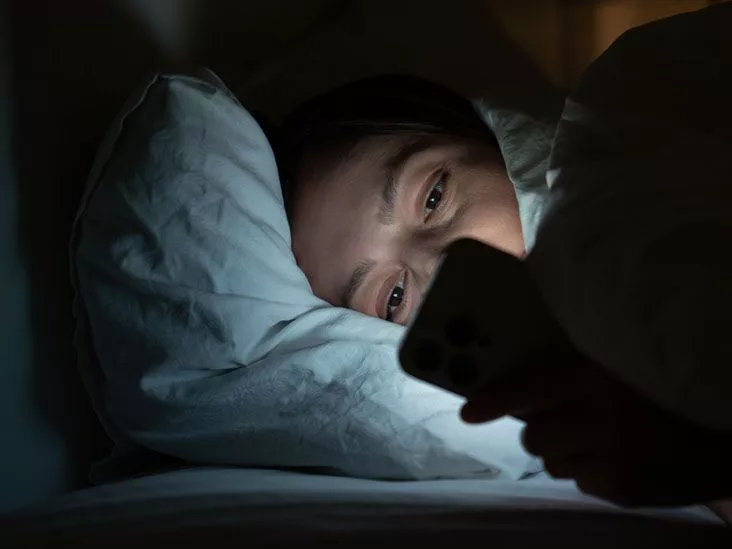

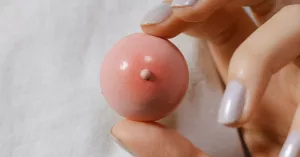

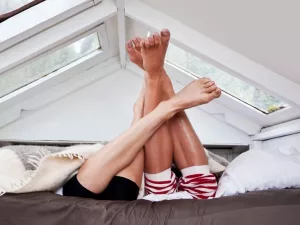
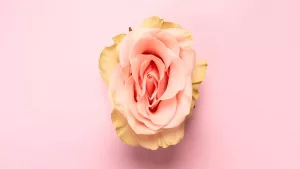
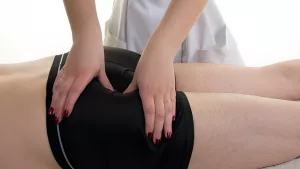

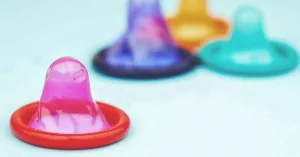

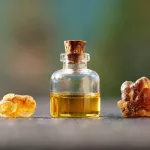
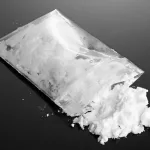



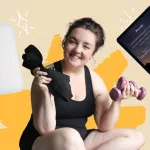
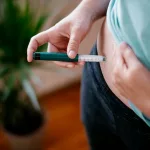

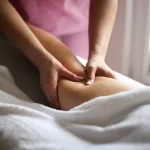


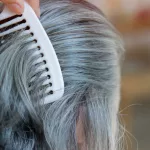
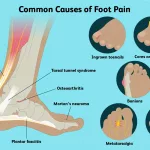
Leave a Reply
You must be logged in to post a comment.